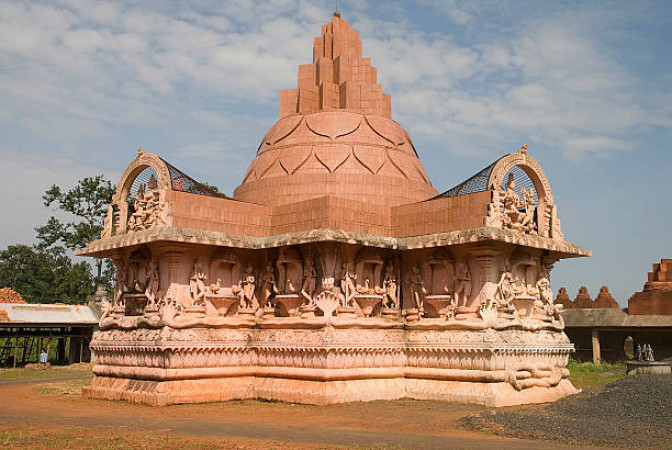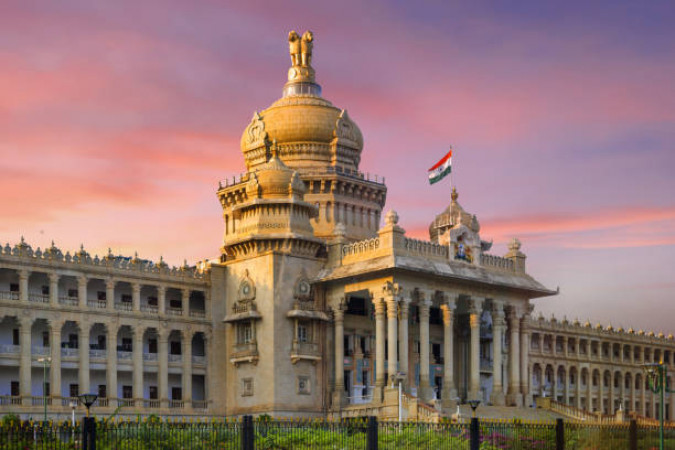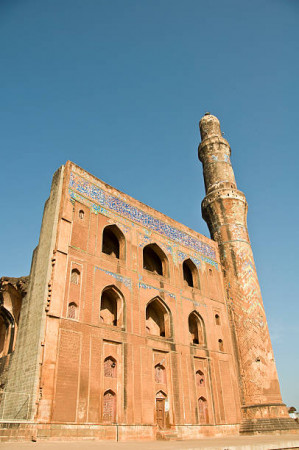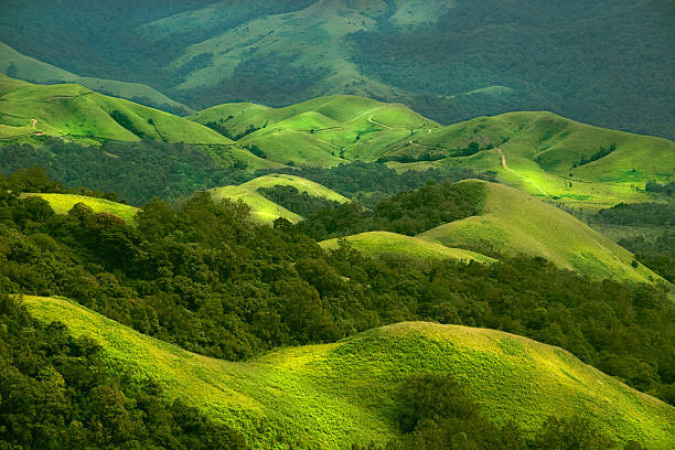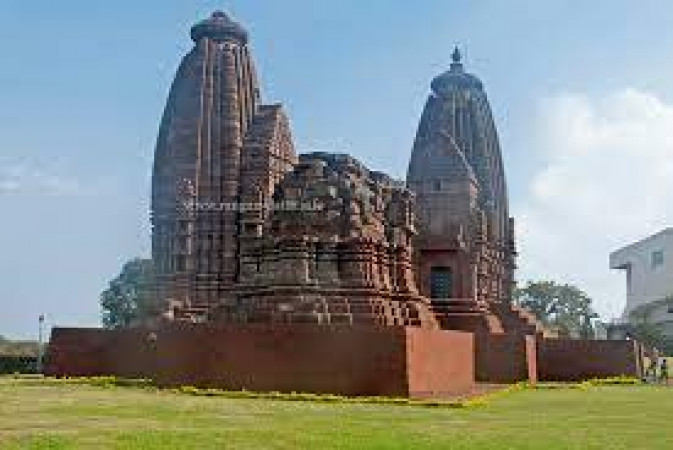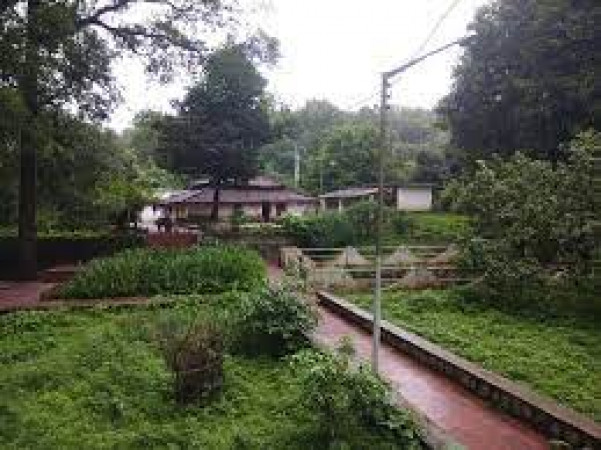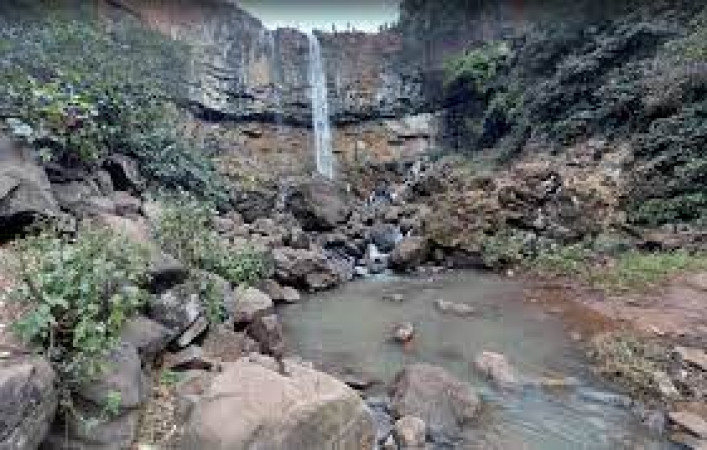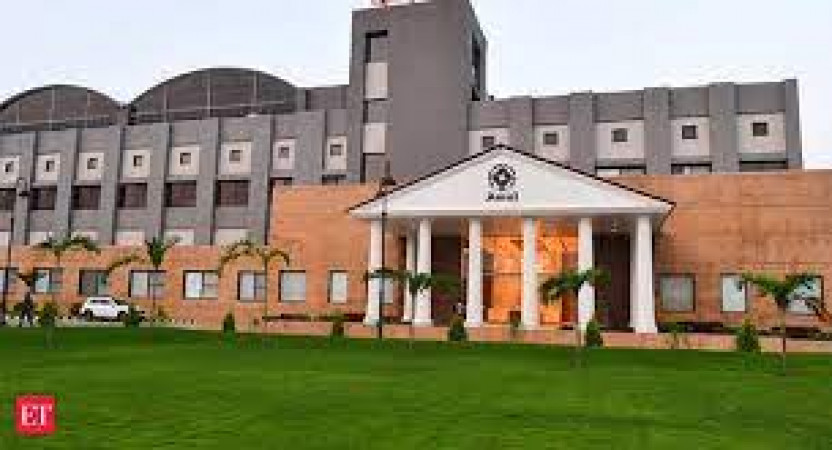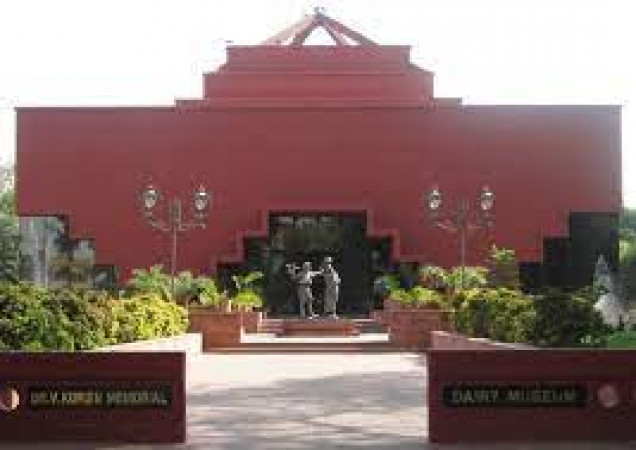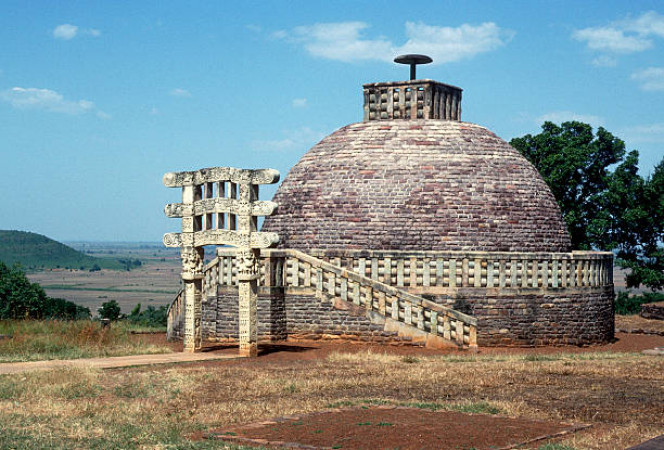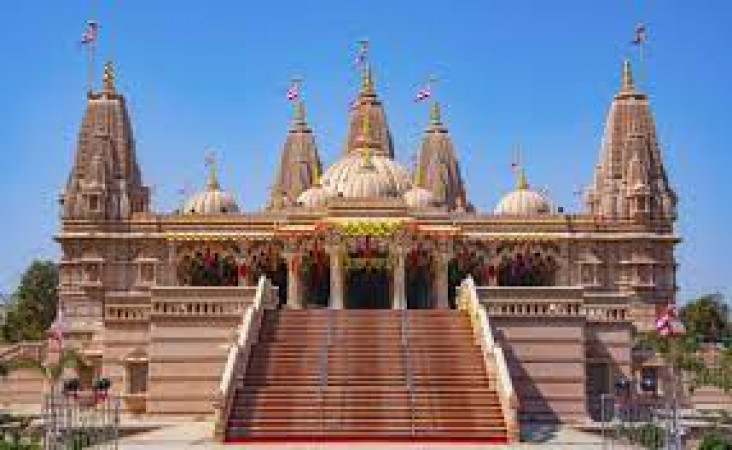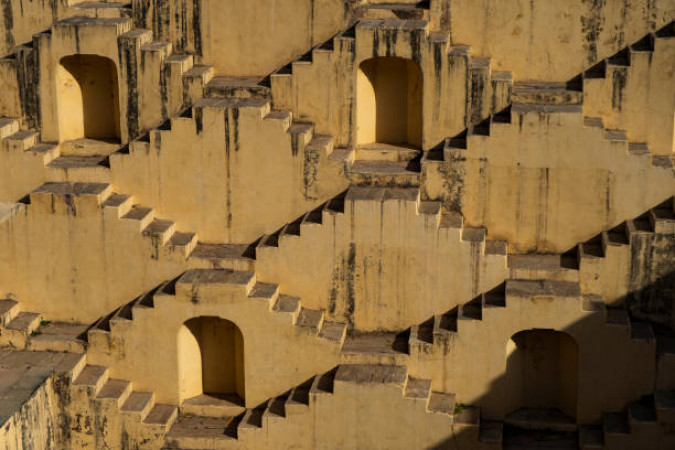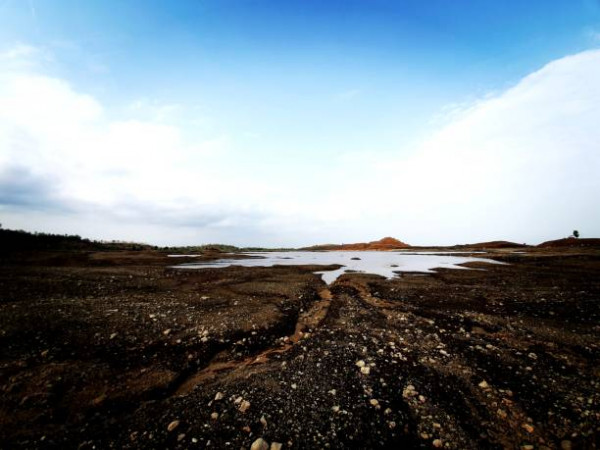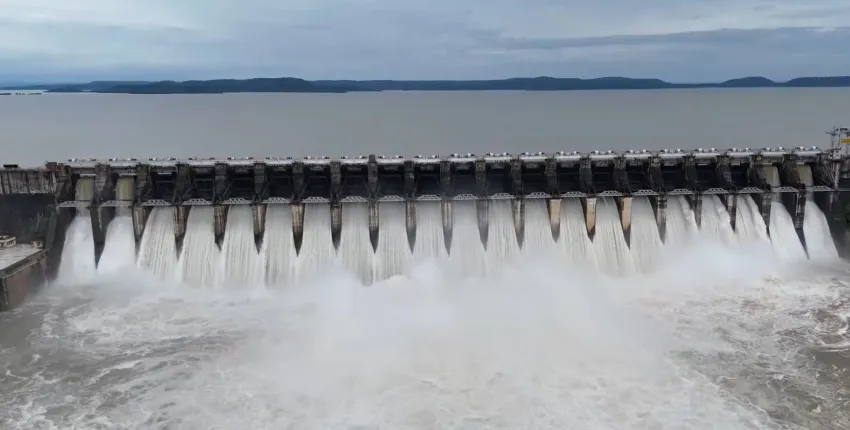Hi User
Navigation
Amarkantak Travel Guide
Amarkantak, a picturesque town nestled in the state of Madhya Pradesh, India, is a revered pilgrimage site where the Vindhya and Satpura mountain ranges meet. Known as the "King of Pilgrimages," Amarkantak is where the holy rivers Narmada, Sone, and Johila originate, making it a significant religious destination for Hindus.Top Attractions in Amarkantak
- Mai Ki Bagiya
- Narmada Kund
- Kabir Chabutra
- Sonemuda
Amarkantak is Famous for
Its spiritual significance and being the source of several holy rivers.Top Attractions in Amarkantak
- Explore the beautiful Mai Ki Bagiya
- Visit the sacred Narmada Kund
- Admire the panoramic view from Kabir Chabutra
- Discover the cascading waterfalls at Sonemuda
What's Great about Travelling to Amarkantak?
- Perfect for spiritual seekers
- Nature lovers will appreciate the scenic beauty
- Offers a peaceful and serene environment
What's Not So Great about Travelling to Amarkantak?
- Limited accommodation options
- May not be suitable for those seeking a bustling city experience
- Limited dining choices
Travel Tips for Amarkantak
- Carry sufficient cash as ATMs may be limited
- Respect local customs and traditions
- Wear comfortable shoes for sightseeing
Important Amarkantak trip information
- Ideal Duration: 2-3 days
- Best Time to Visit: October to March
- Nearby Airports and Railway Stations: Jabalpur Airport and Pendra Road Railway Station
Popular Amarkantak Tour Packages From:
Budget Amarkantak Tour Packages Under:
Top 14 Places to visit in Amarkantak
Help & Support
Call Us Now
+91-8069145442
8 days & 7 nights
4.7 (452)
3 Night Pachmarhi 2 Night Kanha 1 Amarkantak 1 Night Jablapur
2D Amarkantak • 2D Jabalpur • 2D Kanha National Park • 2D Pachmarhi
Tour package by banjari MP Tours
Verified
INR 53,333 SAVE INR 13,333
INR 40,000 /Adult
FAQ's on Amarkantak
Q1: What is the best time to visit Amarkantak?
The best time to visit Amarkantak is during the winter months from October to March when the weather is pleasant and ideal for exploring the outdoors. This period also coincides with several local festivals and events, adding to the cultural experience. Avoid the monsoon season from July to September due to heavy rainfall that can disrupt travel plans. Summer months from April to June can be hot, but it is still suitable for visiting the region's attractions.
Q2: Do I need a visa to travel to Amarkantak?
Foreign tourists visiting Amarkantak typically require a tourist visa to enter the country. It is advisable to check with the nearest Indian embassy or consulate for specific visa requirements based on your nationality. Some countries may be eligible for visa-on-arrival or e-visa facilities for a limited duration. Ensure your passport has a validity of at least six months beyond your intended stay in India.
Q3: What are the must-visit attractions in Amarkantak?
Amarkantak, known as the "Kingdom of Rivers," is a place of great religious and natural significance. The must-visit attractions include the Narmada Kund, where the Narmada River originates, the ancient temples like Narmada Temple, Kabir Chabutra, and the Sonmuda, the source of the Sone River. The Achanakmar Wildlife Sanctuary and the picturesque Dudh Dhara waterfall are also popular among visitors. Don't miss the stunning viewpoints offering panoramic views of the surrounding forests and rivers.
Q4: Is Amarkantak a safe place to travel?
Amarkantak is generally a safe destination for travelers. However, like any other place, it is advisable to take standard precautions to ensure a safe trip. Avoid isolated areas, especially at night, and be cautious of your belongings in crowded places. Stay informed about local news and follow any travel advisories issued by your government. In case of any emergency or concerns, contact local authorities or your embassy for assistance.
Q5: What is the local currency in Amarkantak and can I use credit cards?
The local currency in Amarkantak is the Indian Rupee (INR). While credit cards are accepted at some hotels, restaurants, and larger establishments in urban areas, it is advisable to carry cash for transactions in smaller towns or markets. ATMs are available in major towns for cash withdrawals, but it's recommended to keep some cash handy for places where card payments may not be accepted.
Q6: What is the local cuisine like in Amarkantak?
Amarkantak offers a variety of local cuisine that is a blend of traditional Indian flavors. Some popular dishes include dal bafla, poha, jalebi, and bhutte ki kees. Being a religious town, vegetarian food is predominant, with options like sabudana khichdi and aloo paratha widely available. Don't miss trying the local street food like chaat and samosas for a quick bite. Be mindful of spice levels, especially if you are not used to hot food. Make sure to taste the famous sweets like malpua and khoprapak for a delightful culinary experience.
Q7: What transportation options are available in Amarkantak?
Amarkantak is well-connected by road, and buses are a common mode of transport for getting around the town and nearby attractions. Auto-rickshaws and taxis are also available for shorter distances or private tours. Renting a car with a driver is a convenient option for exploring the region at your own pace. Public transportation like buses may be crowded, so it's advisable to plan your journeys accordingly. Make sure to book transportation in advance for long-distance travel to nearby cities or airports.
Q8: Are there any cultural norms or etiquette I should be aware of when visiting Amarkantak?
When visiting Amarkantak, it's important to respect the local customs and traditions. Dress modestly when visiting religious sites like temples and be mindful of local sensitivities. Remove your footwear before entering temples and other sacred places as a sign of respect. Seek permission before taking photographs of locals, especially in rural areas. Greet people with a 'Namaste' (joining hands) as a common form of greeting. Avoid public displays of affection and be aware of cultural differences in gestures and body language. Keep in mind that Amarkantak is a religious town, so refrain from consuming alcohol or non-vegetarian food in public spaces to respect local sentiments.
Q9: I am a travel agent. How can I buy travel leads of Amarkantak?
Register yourself as a travel agent at agents.tripclap.com and then you can buy travel leads to Amarkantak once your account is approved. For more details contact our support team at +91-8069186564 or support@tripclap.com
Certified
We accept (more)
Members of
Media Recognition
Trusted Partners
Award
Copyrights © TripClap. All Rights Reserved
